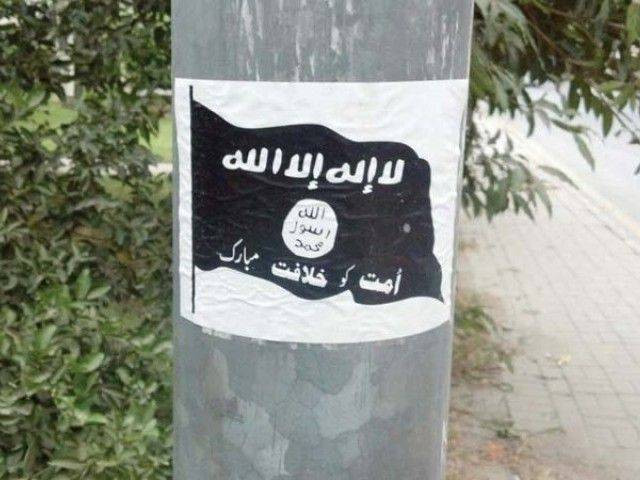A crowded market
The Islamic State is once again in the spotlight courtesy of the mass murder in Orlando, Florida

The Islamic State (IS) is once again in the spotlight courtesy of the mass murder in Orlando, Florida. PHOTO: MUHAMMAD UMAIR/EXPRESS
Despite government denials as to its presence in-country, the IS has been busy in Pakistan. It does not present any sort of existential threat and operationally is limited, with few verifiably attributable attacks to its name. For the IS in Pakistan, the target is an educated and disaffected middle class, preferably already with extremist leanings. It wants to recruit young men and women not so much as expendable suicide bombers, but as people who can infiltrate and influence bureaucracies, run hospitals, become administrators and conduct cyber-ops. There is a level of awareness of this and ‘agencies’ have broken up recruitment networks in the past year (making something of a nonsense of government claims of an IS non-presence as they do) in both Karachi and Punjab.
The proliferation of local groups that cater to a range of sectarian adherences and are long established and having institutional memories decades old, is going to make territorial gains for the IS in Pakistan a virtual impossibility. Despite this, elements of the virtual caliphate operated by the IS can and will have a footprint nationally because Pakistan is a useful strategic resource for the militant group in part because the job of radicalisation has already been done. A takeover, the capture of the state, was never on the cards — but cherry-picking its human resources most certainly is.
Published in The Express Tribune, June 18th, 2016.
Like Opinion & Editorial on Facebook, follow @ETOpEd on Twitter to receive all updates on all our daily pieces.














COMMENTS
Comments are moderated and generally will be posted if they are on-topic and not abusive.
For more information, please see our Comments FAQ